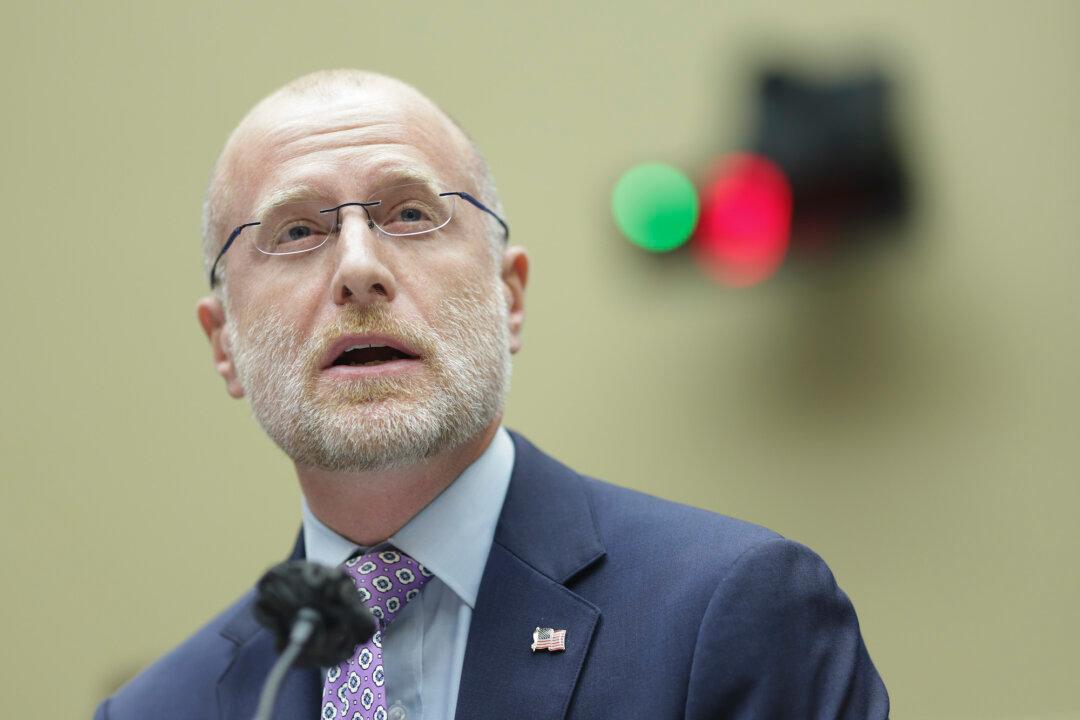A member of the Federal Communications Commission (FCC) on Tuesday argued that suggestions by its chairwoman to reinstate Obama-era net neutrality regulations would be a “serious mistake.”
FCC Commissioner Brendan Carr, a vocal opponent of net neutrality rules, voiced strong reservations about FCC Chairwoman Jessica Rosenworcel’s proposal to reinstate the rules, which she announced during a National Press Club address earlier on Tuesday, reigniting a fierce debate over the future of broadband regulation.





